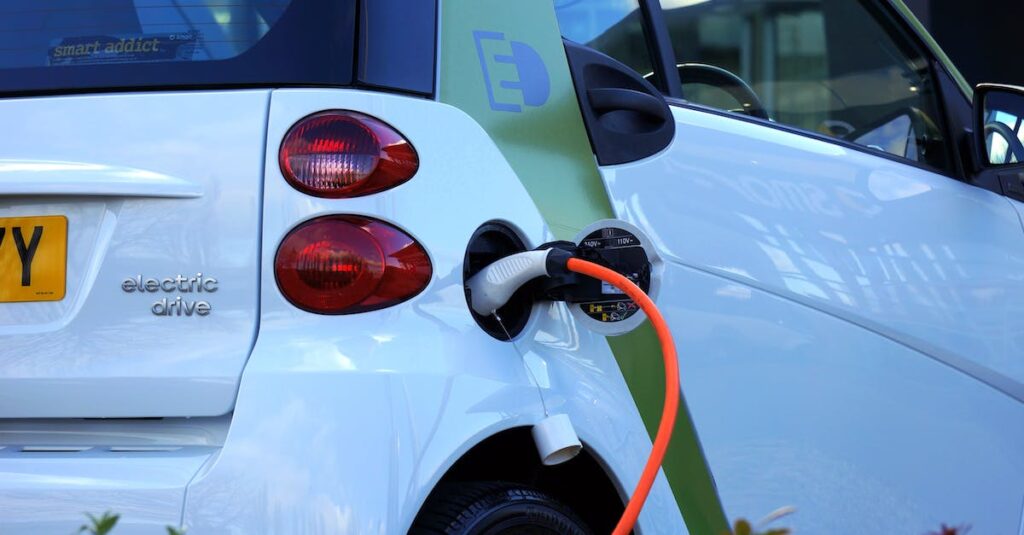Introduction
Electric vehicles (EVs) have been gaining popularity over the years as people become more conscious of their environmental impact and seek sustainable transportation options. With advancements in technology, EVs have become a viable alternative to traditional gasoline-powered vehicles. This comprehensive guide will provide you with all the information you need to know before buying an electric car, helping you make an informed decision.
Benefits of Going Green
Environmental Impact
One of the main advantages of electric cars is their positive impact on the environment. As they run on electricity, they produce zero tailpipe emissions, reducing air pollution and greenhouse gas emissions. By transitioning from a gasoline-powered vehicle to an electric one, you can significantly contribute to the fight against climate change and improve air quality in your community.
Cost Savings
Electric cars offer several cost-saving benefits. Firstly, they require less maintenance compared to conventional vehicles. With fewer moving parts, there is less wear and tear, resulting in lower repair costs. Additionally, the cost of electricity required to charge an EV is considerably lower than the price of gasoline.
Furthermore, many governments and local authorities provide incentives and subsidies to encourage the adoption of electric vehicles. These incentives can include tax credits, rebates, and reduced registration fees, making EVs more affordable for potential buyers.
Energy Independence
Another advantage of owning an electric car is the potential for energy independence. With renewable energy sources, such as solar panels, you can generate your electricity to charge your vehicle. This reduces dependence on fossil fuels and mitigates the impact of fluctuating gasoline prices.
Factors to Consider
Range
One of the primary concerns for potential electric car owners is the range, or how far an EV can travel on a single charge. It is crucial to assess your daily driving habits and determine if the range of an electric car meets your needs. The range of electric vehicles has improved significantly over the years, with some models now capable of reaching over 300 miles on a single charge.
Charging Infrastructure
The availability of charging stations is an essential factor to consider when purchasing an electric car. The convenience of charging your vehicle at home using a standard electrical outlet cannot be understated. However, it is also crucial to have access to public fast-charging stations, especially for longer trips. Before buying an electric car, research the charging infrastructure in your area and ensure it meets your requirements.
Battery Technology
Electric car batteries have evolved over time, with advancements in technology increasing their efficiency and durability. Understanding battery technology is crucial when buying an electric car. Factors to consider include battery capacity, charging speed, and warranty. Look for an EV with a battery that fits your driving needs and offers a reliable warranty.
Cost
While the initial cost of an electric car may be higher than a conventional vehicle, it is important to consider the long-term savings. Electric cars require lower maintenance, cheaper fuel costs, and potential incentives. Calculate the overall cost of ownership, including the purchase price, maintenance, and charging costs, to make an informed financial decision.
Model Variety
As the popularity of electric cars continues to grow, so does the variety of models available. Consider your specific needs, such as passenger capacity, cargo space, and desired features when selecting an electric car. Research different models and compare their specifications to find the one that best suits your lifestyle.
Conclusion
Buying an electric car is an important decision that involves considering multiple factors. This comprehensive guide has provided you with valuable information on the benefits of going green, factors to consider before making a purchase, and important considerations such as range, charging infrastructure, battery technology, cost, and model variety. By evaluating these factors, you can make an informed decision and contribute to a greener and sustainable future.







